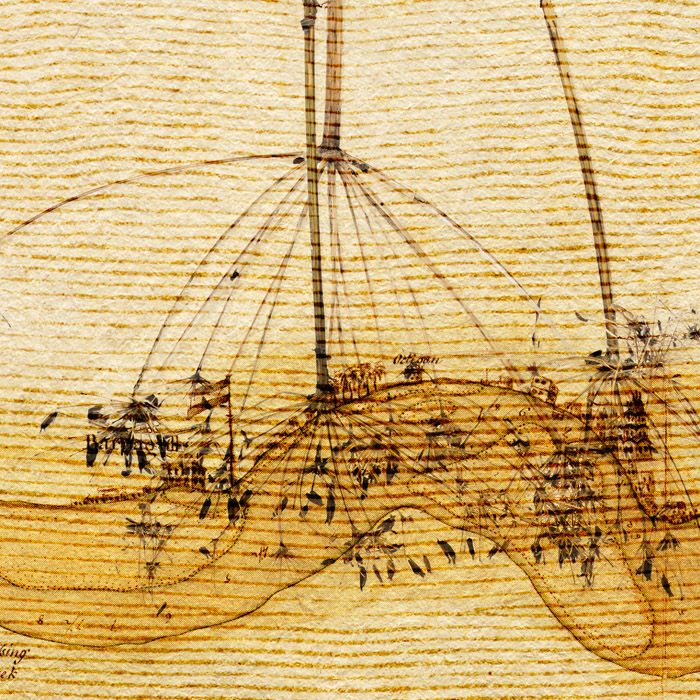I recently read Ninety Days by Bill Clegg, which is the story of his recovery from addiction to crack cocaine, alcohol, and drug-driven sex. He was in bad shape, close to death, when he wound up hospitalized and then in rehab.
He relapsed many, many times after that, but each time he started over at day one, again and again until his recovery began to solidify.
What struck me most was the way he described the process of relapse. It always began with a thought. He’d be somewhere or see something triggering and the next thing that would happen was a thought—maybe a memory of getting high—whatever it was, and before he could gain control, he’d identified with that thought, and he was out the door to the ATM to get cash and find a dealer.
It was a beautiful description of what we all experience all the time. Something happens, some trigger, and a thought instantly arises—a thought that is not our friend, not our ally, but at the moment it appears to be just that.
Maybe it’s a thought of blame or revenge or fear or guilt or greed. I do not want this, or, I must get that. And if we believe it, it takes us over and we’re off and running.
We habitually identify with thoughts because they promise a solution. A solution to what? To the feeling that something is not right, something is incomplete, something is broken, something is about to be lost—or there is something we need in order to feel happy, in order to feel whole.
And yet, that very feeling of being incomplete, of fearing, of feeling like something is missing and broken—that very feeling is a result of identifying with thoughts in the first place. The temporary, false, thought-based nature that we usually call “me” feels incomplete because it is.
It is not our true nature. It’s not where our true identity, our wholeness, is found.
His story of recovery felt so familiar to me. The layers of my addiction to thought have taken decades to undo and I relapse often. But little by little, the thought-addicted sense of self has given way to something vastly deeper.
So now, just as a recovering alcoholic knows that the thought that she could have ‘just one drink’ is not true, I know that seductive negative thoughts, be they of fear, or blame, or righteous indignation, whatever, are not true. I know where they end up. And it’s not where I choose to go.
And at this point I honestly don’t care how often I relapse, because I know how to start over. I start over many times a day.
Lesson 160 in A Course in Miracles says it succinctly:
I am at home. Fear is the stranger here.
